Introduction of New Coaches in French Ligue 1
In a dramatic reshuffle within French Ligue 1, two noteworthy appointments have stirred the football community, promising fresh strategies and new aspirations for their respective teams. In this wave of change, Lyon has placed its hopes in Paulo Fonseca, a coach with a proven pedigree in European competitions, while Rennes has pinned its future on Habib Beye, a passionate leader stepping into the shoes of the outgoing Jorge Sampaoli. These appointments by Lyon and Rennes are not mere alterations in managerial positions but are indicative of a strategic shift that these teams believe will guide them toward greater accomplishments both domestically and across Europe. These developments are not only a testament to the transient nature of football management but also to the relentless pursuit of excellence by clubs within one of Europe's most competitive leagues.
Paulo Fonseca’s Strategic Expertise at Lyon
Lyon’s decision to bring in Paulo Fonseca as their head coach is a calculated move towards reinvigorating a squad that aims to consistently qualify for the Champions League. Fonseca's reputation precedes him; his achievements with clubs like Porto, Braga, and Shakhtar Donetsk have branded him a winner with a knack for securing valuable trophies. His tenure at AS Roma added to his experience, enhancing his ability to navigate top-tier leagues with a stable and strategic approach. At AC Milan, although his time was brief, he showcased his capability to deliver results swiftly, securing 12 wins out of 24 matches. Lyon, situated currently in sixth place, is looking to Fonseca to not just maintain a strong presence in Ligue 1 but to also commence a dedicated pursuit towards dethroning the perennial French champions, Paris Saint-Germain. The club's management, led by American businessman John Textor, is optimistic that under Fonseca’s tutelage, Lyon will bolster its defense while establishing a robust attacking framework that can withstand the pressures of elite domestic and European competitions.
Challenging the Status Quo: Fonseca’s First Big Test
Fonseca’s initiation into Lyon's framework will be scrutinized precisely in his inaugural match against Marseille. This encounter is anticipated not merely as another league fixture but rather as a litmus test for Fonseca’s philosophies and tactical acumen. A successful outing could set a positive precedent and build the momentum necessary for his long-term vision. For Lyon, it stands as an opportunity to assess their adaptability to new strategies and their readiness to counter formidable opponents with renewed vigor. Fans and analysts alike will be keenly observing how Fonseca intends to translate his previous triumphs into tangible success at Lyon, potentially recalibrating the competitive dynamic within Ligue 1.
Habib Beye’s Vision for Rennes
Rennes, in an equally ambitious move, has appointed Habib Beye as head coach, a decision driven by a need to salvage a declining season. The former Senegal international is entrusted with the challenging task of reversing the slide that saw Rennes slip from 11th to 16th place under Jorge Sampaoli's guidance. At 47, Beye brings with him a wealth of experience from his playing days coupled with a keen understanding of the game's evolving demands. His selection as coach represents a fresh approach and a clear intent to reinstate Rennes as a formidable force in the league. Beye is anticipated to imbue the team with renewed zest, implementing tactical adjustments and fostering a competitive spirit that can lift the team from its current quandaries. His vision for Rennes likely includes building on the strengths of the squad while tactically recalibrating their approach to ensure consistency in their performances, both offensively and defensively.
The New Chapters for Lyon and Rennes
The appointments of Fonseca and Beye signify a commitment by Lyon and Rennes to not only stabilize their respective standings but to also usher in an era of sustained success. For Lyon, securing a place in the higher echelons of Ligue 1 and continually participating in Champions League contests is the primary objective. For Rennes, the immediate challenge lies in distancing themselves from relegation apprehensions and climbing the league table steadily under Beye’s guidance. Both clubs are likely to utilize their strengths and address their vulnerabilities, potentially reshaping the competitive landscape of French football.
Conclusion
The current coach changes at Lyon and Rennes stand as a microcosm of the competitive intensity and strategic maneuvering prevalent in French Ligue 1. As clubs yearn for glory and recognition, these changes reveal an unwavering attention to leadership that is seen as a cornerstone of their competitive aspirations. Whether these appointments will lead to the tangible success expected of them remains to be seen, but they certainly bring new levels of anticipation and excitement to a league already brimming with talent and promise. Observers, fans, and the football fraternity at large will watch keenly as these narratives unfold, shaping the future of these storied clubs within the robust and dynamic environment of French professional football.

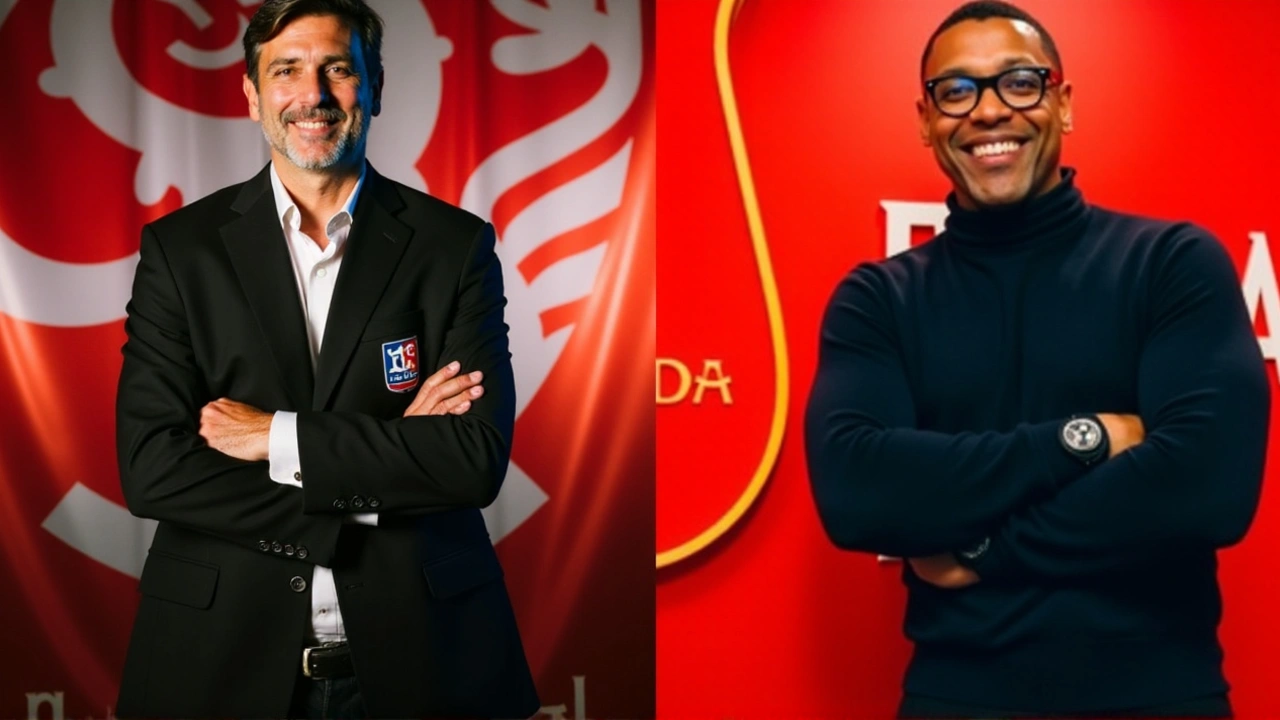
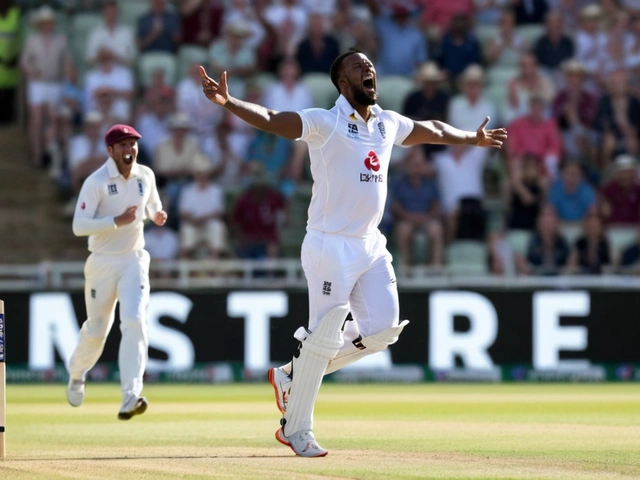
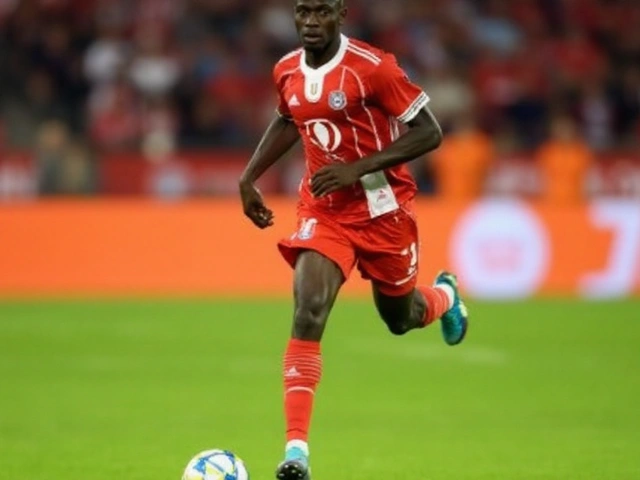
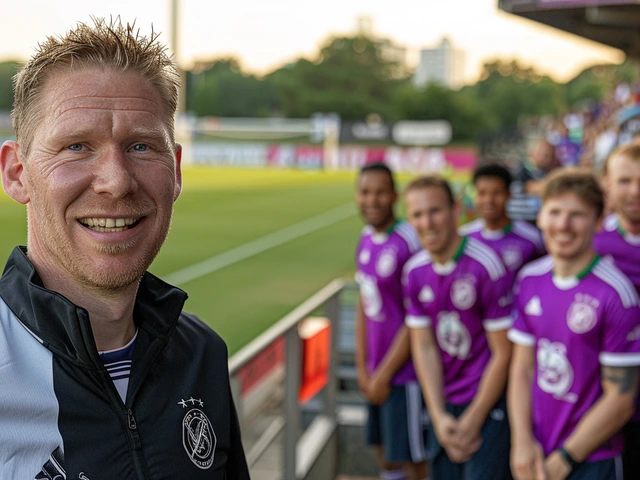
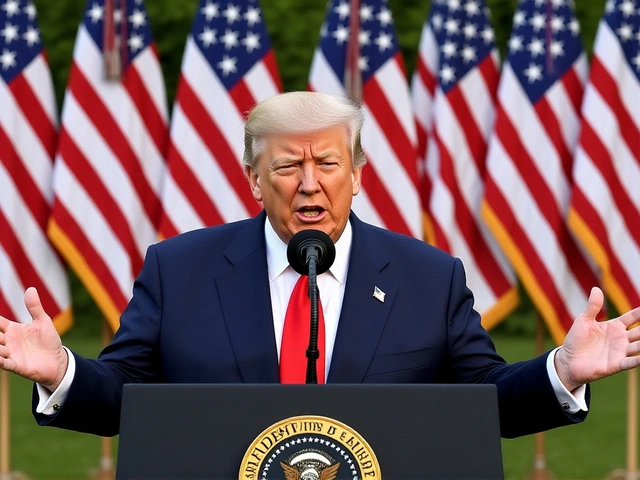
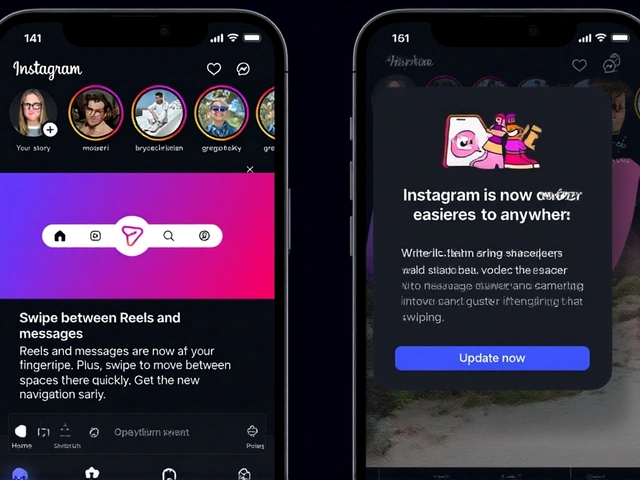
James Lawyer
The appointment of Paulo Fonseca at Lyon signals a calculated shift in tactical philosophy. His track record in European competitions suggests a nuanced approach to both defensive solidity and attacking fluidity. While Rennes has opted for a different profile with Habib Beye, the contrast between the two hires underscores the divergent strategic priorities of the clubs. It will be intriguing to observe how these coaches imprint their identity within the league.
Abby Culbertson
i think the new coaches could bring some fresh ideas to the teams. abby hopes they stick around longer this time.
Awolumate Muhammed Abayomi
Lyon got a big name, Fonseca, and they gotta make it work fast! Rennes on the other hand is hoping Beye can turn the tide. Let's see some excitement on the pitch soon.
Josh Tate
It's great to see clubs taking bold steps. Both coaches have a lot to prove, especially in a league as competitive as Ligue 1. Fans will be watching every match closely.
John Smith
Fonseca's prior success will definitely help Lyon.
Alex Soete
Hey folks, both appointments feel like a breath of fresh air for the clubs! Fonseca brings European experience that could close the gap with PSG, while Beye offers a local perspective that might reignite Rennes' fighting spirit. The league's dynamics could shift dramatically if they hit the ground running. I'm excited to see tactical battles unfold over the next few weeks.
Cara McKinzie
Another coach swap, how original. Guess we’ll see the same old drama.
Joseph Conlon
While many celebrate these changes, it's important to consider the underlying pressures each coach faces. The expectations at Lyon are immense, especially with the Champions League ambition, and any misstep could be costly. Meanwhile, Beye inherits a team that has slipped down the table, so he must act swiftly to reverse fortunes. Both scenarios will test their managerial acumen beyond the usual routine of football.
Mohit Singh
Both clubs need a miracle, and maybe they'll get one.
Damian Liszkiewicz
Interesting to see such contrasting approaches. Lyon expects a seasoned tactician, while Rennes opts for a former player turned manager. The pressure is different on both fronts, and the outcomes could reshape the league! 🤔
Angela Arribas
Well, the grammar in the article could use some work. :/
Sienna Ficken
Wow, another “strategic shift” – as if that phrase ever meant anything. Guess we’ll just wait for the drama.
Zac Death
Nothing beats watching a new coach take the reins and the fans buzzing with hope. I’m rooting for both sides to bring some excitement. Let’s hope they bring out the best in their squads, and we get some thrilling matches. It’s a fresh start, and I’m all in for the ride.
Lizzie Fournier
Both clubs are making big moves, time will tell how it pans out.
Vida Yamini
In the grand tapestry of French football the arrival of Paulo Fonseca at Lyon feels like a bright new thread weaving through a pattern of ambition and expectation It brings with it a promise that the club's storied legacy can be enhanced by modern tactical insight and a disciplined approach to both attack and defense The manner in which he has guided teams in the past suggests a depth of strategic understanding that could prove invaluable for a side looking to break the Parisian stranglehold on titles It is also worth noting that his experience across several European competitions may provide the kind of high‑pressure acumen necessary for navigating the rigors of a Champions League campaign while maintaining domestic solidity As for Habib Beye the appointment at Rennes signals a different yet equally compelling narrative A former international player stepping into a managerial role brings a fresh perspective that combines on‑field experience with a desire to foster a cohesive team spirit The club's recent struggles underline the urgent need for a revitalized tactical framework and a leader who can inspire confidence across the squad Beye's familiarity with the French football culture may aid in bridging any gaps between the players and the coaching staff Moreover the contrast between the two appointments illustrates how clubs are willing to experiment with varied philosophies to achieve success The overarching theme here is one of renewal and the belief that strategic leadership can transform fortunes on the pitch The fans of both clubs will be watching intently his first match will set the tone for what lies ahead The impact of these changes will reverberate beyond the immediate fixtures and could reshape the competitive landscape of Ligue 1 in the seasons to come
JAN SAE
Paulo Fonseca, with his proven European pedigree, brings a tactical richness, a disciplined defensive mindset, and a dynamic attacking philosophy, to a Lyon side eager for Champions League consistency; meanwhile, Habib Beye offers a deep understanding of player development, a fervent motivation strategy, and an ability to navigate the pressures of Ligue 1, which could rejuvenate Rennes' campaign; both appointments, however, underscore a strategic pivot toward long‑term stability and immediate performance, highlighting the clubs' commitment to evolving their footballing identities.
Steve Dunkerley
Analyzing the strategic implications, Fonseca's integration of high‑pressing mechanisms and positional flexibility aligns with modern football analytics, while Beye's emphasis on transitional play and squad rotation addresses depth challenges; both approaches are underpinned by data‑driven decision‑making, thus enhancing competitive resilience across the league.
Jasmine Hinds
Can't wait to see the new tactics in action 😊
Madison Neal
These coaching changes could redefine the tactical tempo across Ligue 1 and foster renewed engagement among the fanbase.